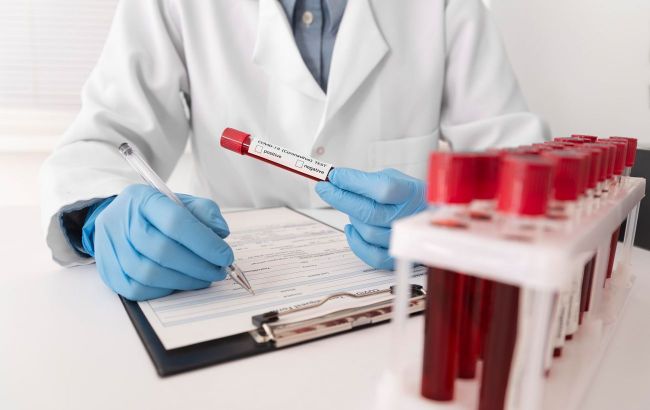Uninformative medical tests: Which ones are not worth your money
 Tests you don't need to take (Photo: freepik.com)
Tests you don't need to take (Photo: freepik.com)
Some medical tests and analyses are not worth spending money on. Which of them are uninformative, explains family doctor and pediatrician Diana Protokovilo on Instagram.
-
Blood test for various helminths: The most common is the IgG blood test, which can show that your child has had contact with a certain helminth at some point. However, it does not indicate if the child is currently infected. If needed, worms are searched for exclusively in the stool.
-
Blood test for total immunoglobulin E (IgE): This test is needed to confirm or refute the presence of allergies. Spending money on total IgE is unnecessary unless immunodeficiency is suspected. Elevated levels do not equal an allergy, and normal levels do not rule out the presence of an allergy.
-
Stool test for dysbiosis: This analysis is generally meaningless, with no international recommendations supporting its use. The diagnosis of "dysbiosis" does not exist, and finding any changes in this test is not a reason to treat a child.
-
Blood test for IgG to food allergens: Unnecessary testing. Allergy diagnosis involves either skin tests or determining specific immunoglobulin E to suspected allergens.
-
Hair analysis for trace elements: The cost is around 10k. Deficiency should be sought through blood tests, and the justification for determining all existing trace elements is highly overrated.
-
Scraping for demodex mites: In most cases, it is not indicative because these mites normally live on the skin of every second person. If there are no manifestations of demodicosis, such a finding does not require treatment.
-
Determination of Helicobacter pylori infection through IgG blood test: This test is not informative. Diagnosis should either involve a stomach biopsy and determining the presence of the pathogen (urease test) or searching for H. pylori antigen in the stool or a breath test.
-
Blood test on the first day of fever: Changes in blood (indications of viral or bacterial infection) can be observed at a minimum of 3 days of fever, or even on the 4th or 5th day.
We previously discussed which tests men should take to avoid serious illnesses.
This material is for informational purposes only and should not be used for medical diagnosis or self-treatment. Our goal is to provide readers with accurate information about symptoms, causes, and methods of detecting diseases. RBС-Ukraine is not responsible for any diagnoses that readers may make based on materials from the resource. We do not recommend self-treatment and advise consulting a doctor in case of any health concerns.

